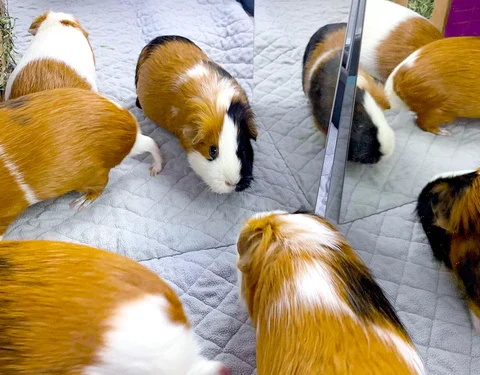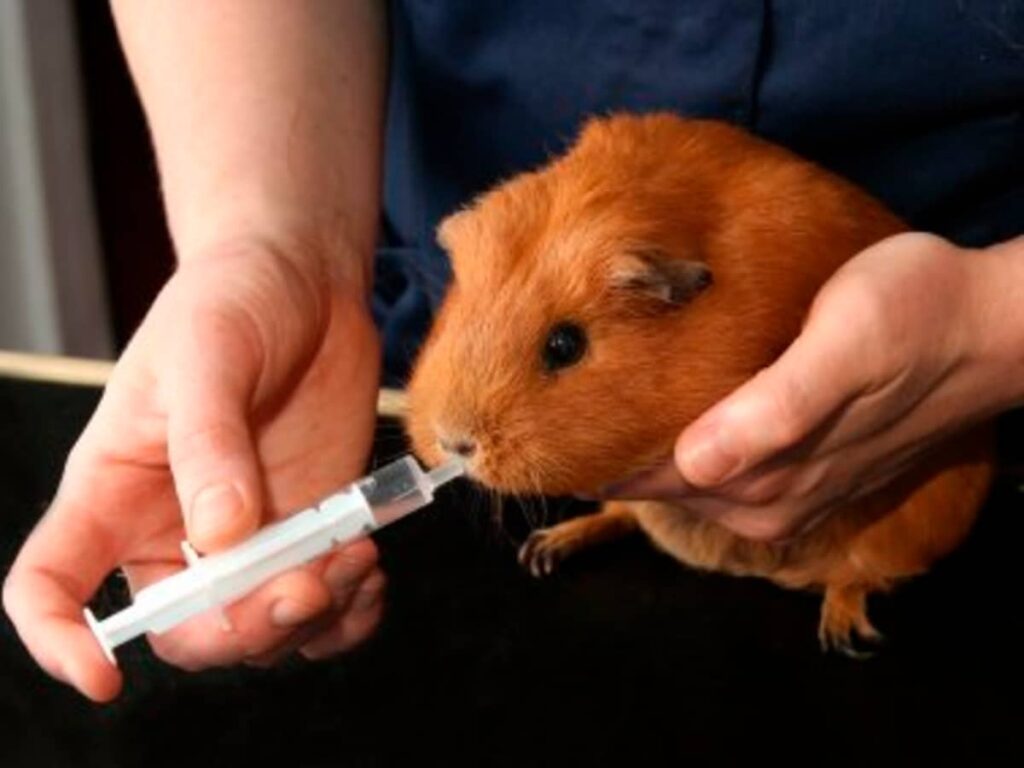Embark on a journey to fortify your knowledge about the health of your cherished guinea pig. In this comprehensive guide, we delve into the intricacies of common guinea pig diseases, providing insights that empower you to safeguard the well-being of your furry companion.
Recognizing Common Guinea Pig Diseases
Respiratory Ailments
1. Upper Respiratory Infections (URIs)
Upper respiratory infections are common among guinea pigs and can be caused by various factors, including bacteria and viruses. Recognizing early signs such as sneezing, nasal discharge, and labored breathing is crucial for prompt intervention.
Digestive Disorders
2. Gastrointestinal Stasis
Gastrointestinal stasis, characterized by a slowdown or cessation of digestive processes, is a serious concern in guinea pigs. Understanding dietary factors and promoting a high-fiber diet can mitigate the risk of this condition.

3. Dental Issues
Guinea pigs are prone to dental problems, including overgrown teeth. Regular dental check-ups and providing appropriate chew toys are essential for preventing dental issues that can impact their overall health.
Skin Conditions
4. Ringworm
Ringworm, a fungal infection, can affect a guinea pig’s skin, causing hair loss and skin irritation. Maintaining cleanliness in their living environment and ensuring proper hygiene practices can prevent the spread of ringworm.
Parasitic Infestations
5. Mites and Lice
External parasites, such as mites and lice, can infest a guinea pig’s coat, leading to discomfort and potential health issues. Regular grooming and cleanliness help prevent parasitic infestations.
Preventive Measures for Optimal Guinea Pig Health
Nutritional Care
1. Balanced Diet
Ensuring a well-balanced diet rich in hay, fresh vegetables, and vitamin C is fundamental for guinea pig health. Adequate nutrition strengthens their immune system and helps ward off various diseases.
Environment and Hygiene
2. Clean Living Space
Maintaining a clean and hygienic living environment is paramount. Regularly clean cages, provide fresh bedding, and ensure proper ventilation to prevent the onset of respiratory and skin-related issues.

Regular Veterinary Check-ups
3. Proactive Veterinary Care
Scheduling routine veterinary check-ups allows for early detection of potential health issues. Timely intervention and preventive measures contribute to the long-term well-being of your guinea pig.
Conclusion
In conclusion, this definitive guide equips guinea pig owners with the knowledge needed to recognize, prevent, and address common health issues. By implementing proactive measures, you can ensure that your guinea pig enjoys a happy and healthy life.





















